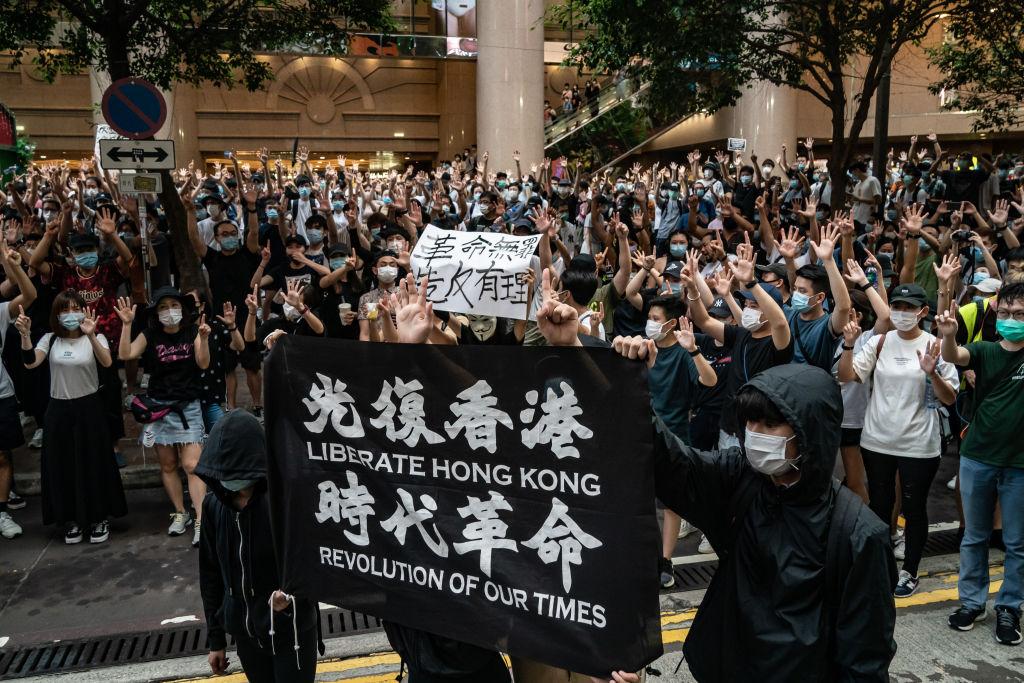Beijing has threatened retaliation after U.S. President Donald Trump signed an executive order and a bill into law to hold China accountable for its recent actions in Hong Kong.
Trump on July 14 signed into law the Hong Kong Autonomy Act, paving the way for the U.S. government to slap sanctions on Chinese officials and entities responsible for undermining Hong Kong’s autonomy. The bill was passed unanimously by the House and Senate in early July in response to China’s formal adoption of a national security law for Hong Kong on June 30.





